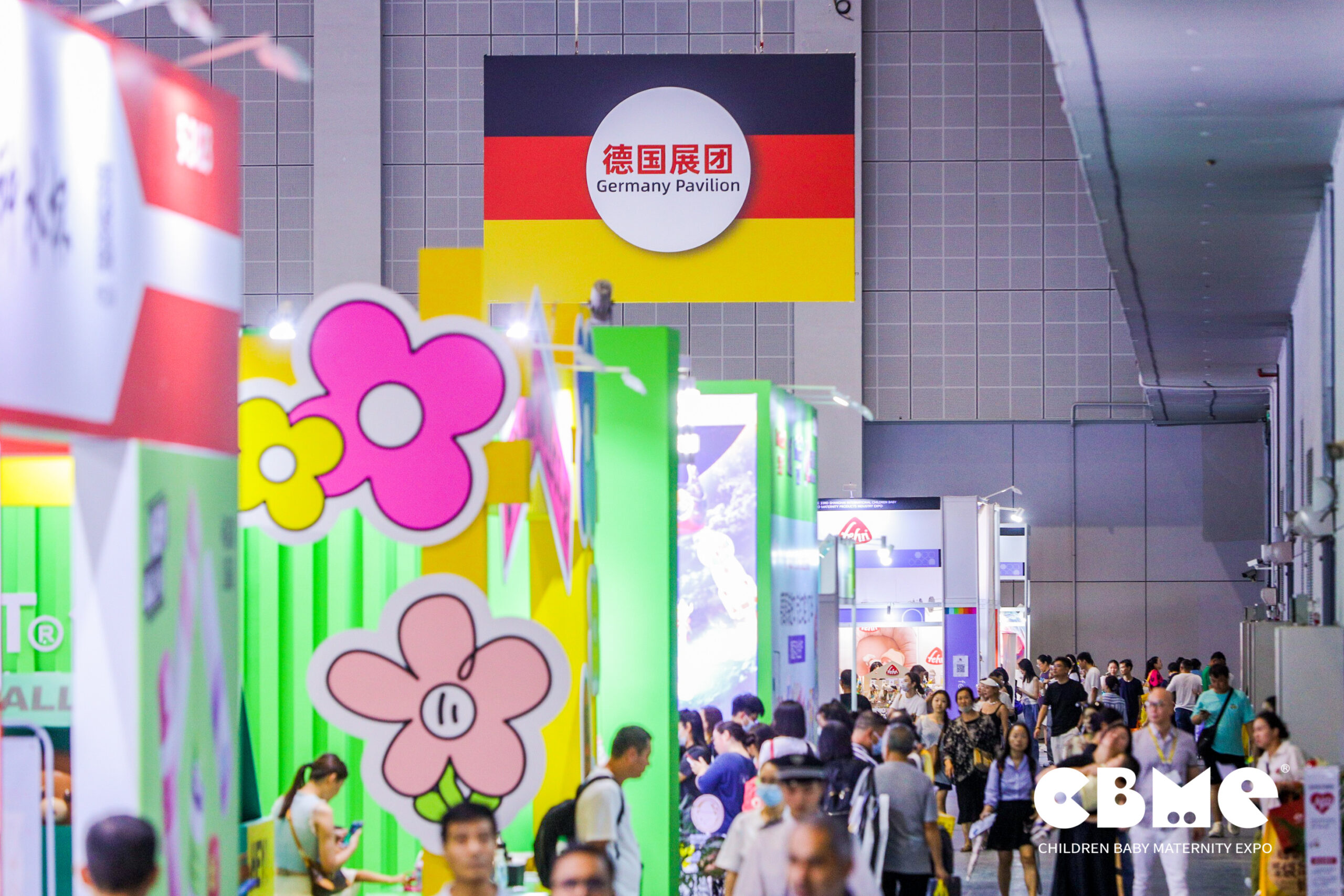Introduction: Children Take the Lead in Family Travel
The impact that the young brothers and sisters continue to have on the maternal and baby industry during the extended National Day holiday break is still going strong.

According to data published by the Ministry of Culture and Tourism on October 8th, during the National Day holiday period, the number of domestic trips in China reached 756 million, a year-on-year increase of 5.9%. Domestic tourists spent a total of 700.817 billion yuan, up by 6.3% year-on-year. Further data released beforehand by Ctrip shows that family travel decisions have become the backbone of the National Day travel period, with “National Day family trips” accounting for more than 30%. Orders for educational travel products increased by over 40%.
Related Recourses: Recap and Analysis of Douyin E-Commerce in the Maternity and Baby Industry for 2024: Are These Growth Opportunities in Your Grasp?
Children as Family Travel Decision-Makers
It is worth mentioning that the related research has also found that many family travel decisions are “designated by children.” On platforms such as Xiaohongshu (Little Red Book) and Douyin, there are numerous posts by netizens sharing their children’s rudimentary travel plans. These kids, usually no older than their teens and known as “little bros and sis,” have quietly become the main decision-makers for family vacations.
Generation Alpha and Their Expanding Influence
In the words of demographer Mark McCrindle, these children are classified as Generation Alpha, that is, what we often refer to as older children. Data released by Euromonitor International shows that China’s Generation Alpha only falls behind India in size, ranking second globally, and currently represents about 85% of the country’s child population.
Creative Talents and Booming Preferences
Compared to their parents, Generation Alpha has mostly grown up without worries of food and clothing. Beyond basic education, families now invest more in their children’s vision and interests. In fields like painting, music, calligraphy, and sports, there has been a visible increase in skill levels among these ‘little bros and sis’ that are seriously inconsistent with their young age. Phrases like “baby with a pacifier playing the piano and a toddler in diapers practicing martial arts” are no longer rare. Related children’s product preferences are also booming.
Digital Natives with High-Tech Expectations
As true digital natives, Generation Alpha is more accustomed and adept at using smart devices or AI tools for leisure, academics, and creativity. A Razorfish survey showed that over 40% of Generation Alpha had used tablets by age 6. By age 7, more than half had started using video game consoles. These tech-savvy children prefer children’s product preferences that include “smart,” “novel,” and “innovative” labels in the maternal and baby industry.
Shifting Parent-Child Dynamics and Spending Influence
At the same time, thanks to widespread scientific parenting concepts, Generation Alpha’s parents are more willing to listen to their children with an equal mindset. The parent-child relationship has become more harmonious. Children are increasingly involved in family travel decisions and product choices. According to the “2024 Generation Alpha Population Study” report, 95% of children participate in decision-making about matters related to themselves. 88% of them can influence household spending on their needs.
In this process, consumption decision-making power—especially in the maternal and baby industry—is shifting toward children. Understanding children’s product preferences and adjusting brand strategies accordingly is now crucial. The industry is calling for a clear focus on “tapping into the consumption potential of older children.”
From the viewpoint of “Maternal and Baby Industry Observations,” if brands want to take the lead in this “consumption decision-making power transition,” they can roughly gauge their strength from the following three aspects:
Related Recourses: Latest Baby and Child Skincare Trends & Industry Insights
Meeting the Personalized Needs of Generation Alpha
Inviting Children to Co-Create
For this new generation of creative children, expressing and preserving their creativity in products boosts brand loyalty. Brands should consider involving Generation Alpha in product development. Their direct input helps design innovative offerings tailored to their interests.
For example, in 2021, British studio Almaborealis launched Puzzleware, a DIY apparel material set. Children could assemble unique outfits like puzzles.

Smart and Fun Innovations
Meanwhile, smart and fun products are also highly favored. In July 2023, Haivivi launched BubblePal, an AI toy that can talk and tell stories when hung around a doll’s neck. Earlier in April, Super Kid developed a smart chip that transforms any toy into a smart one. The brand signed deals with several IP and toy companies.
Creating Scenarios That Match Gen Alpha’s Style
Offline Events that Leave a Mark
Rather than dry product promotion, children respond better to real-life experiences. In late 2022, skincare brand Rabbit Mommy held a “Winter Baby Skincare Event.” Kids applied cream while skiing and did on-site skin tests. This made the brand more memorable.
Immersive IP-Based Environments
In September 2023, POP MART Funland opened in Beijing. The park featured characters like MOLLY and LABUBU. It offered a full-day experience covering food, fun, and shopping. This boosted brand recognition among children’s product preferences in Gen Alpha households.
Related Resources: New Growth Trends in the Baby and Maternity Sector

Optimizing Marketing Based on Generational Traits
Digital Platforms and IP Collaborations
Generation Alpha grew up with mobile internet, short videos, and social games. Brands should adjust marketing strategies accordingly. Priority should be given to campaigns on social media, games, and IP collaborations.
Case Studies of Successful Launches
Nongfu Spring launched co-branded baby water with Disney Princess in 2023. They chose “Douyin E-Commerce Super Brand Day” as their launch channel. Paired with themed gift sets, this generated strong interest.
Maternal and baby care brand RunBen partnered with social game “Egg Party” to launch a new plant-based oil series. It sold over 1 million boxes in 60 days. This successful launch shows how IP and platform synergy can attract Gen Alpha attention.
Conclusion: Adapting to the Next Generation of Consumers
From rapid expansion to today’s intense competition, the maternal and baby industry is undergoing a transition. As children influence more family travel decisions and product choices, focusing on their voices is key. Understanding children’s product preferences is now essential for brands seeking new growth paths.








